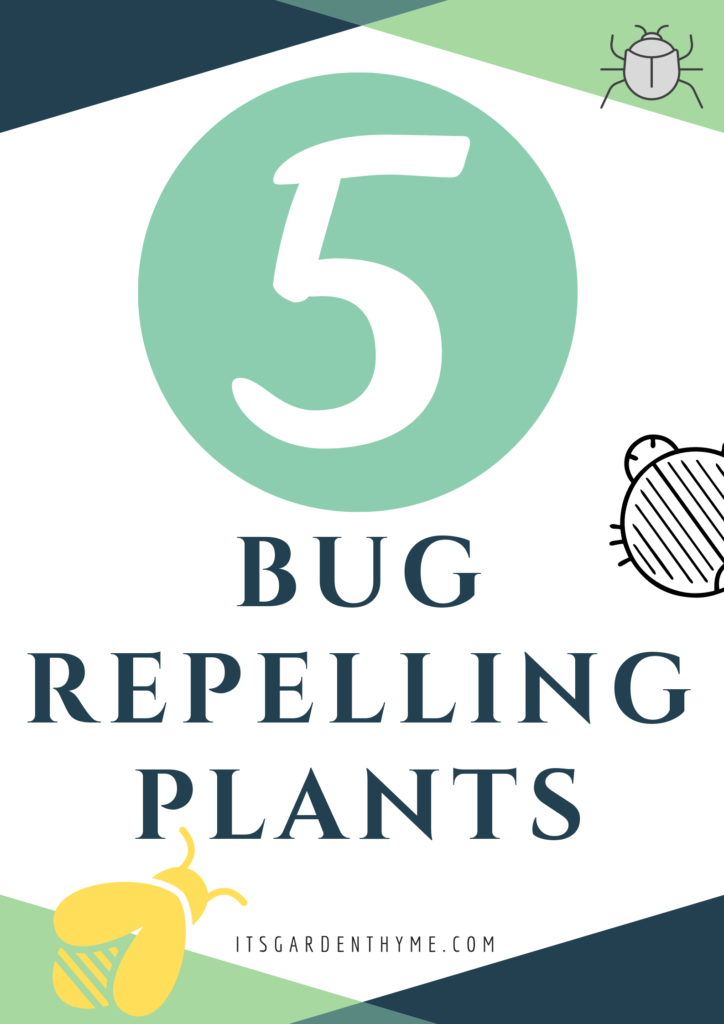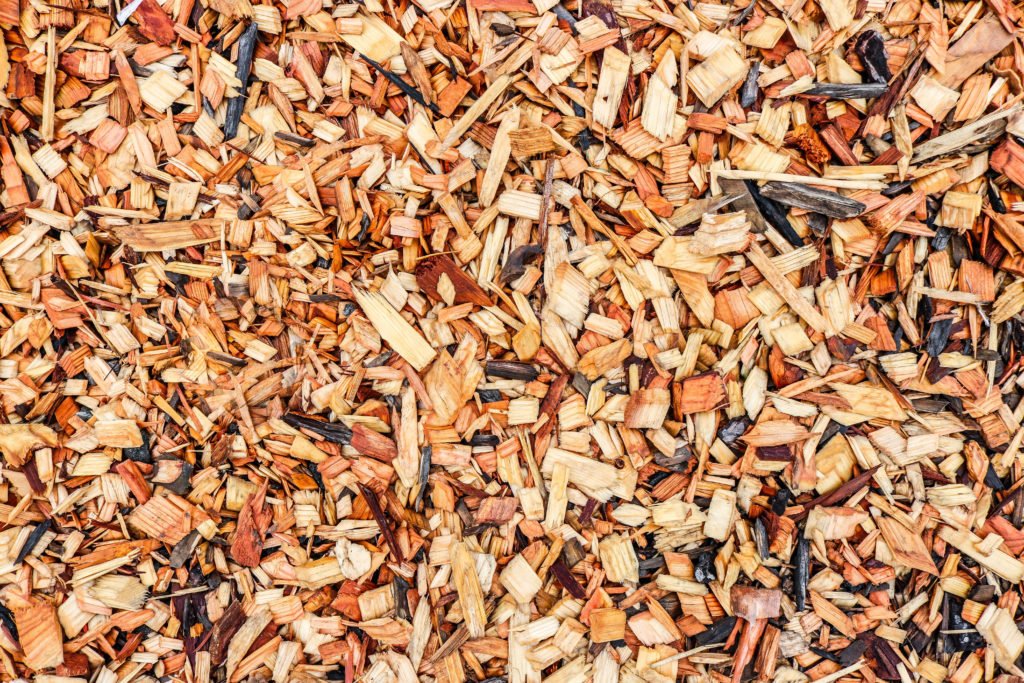Summer is my favorite time of the year. I look forward to family BBQs, days spent lounging at the beach, and evenings spent sitting in the backyard enjoying the warm summer breeze. It’s so rewarding to be able to sit back and admire your slice of paradise. What better way to enjoy your colorful butterfly garden than with company?
However, there is one downside to summertime – mosquitos! These pests can quickly ruin a perfectly good summer day, and they’re not just annoying – they can also transmit dangerous diseases like Zika virus and sadly, I’m a beacon for mosquito bites.
Perhaps it’s my sweet personality (hah!) but it seems like these pests are always after me. It seems like every summer they manage to find me and I spend the rest of the season scratching my arms and legs.
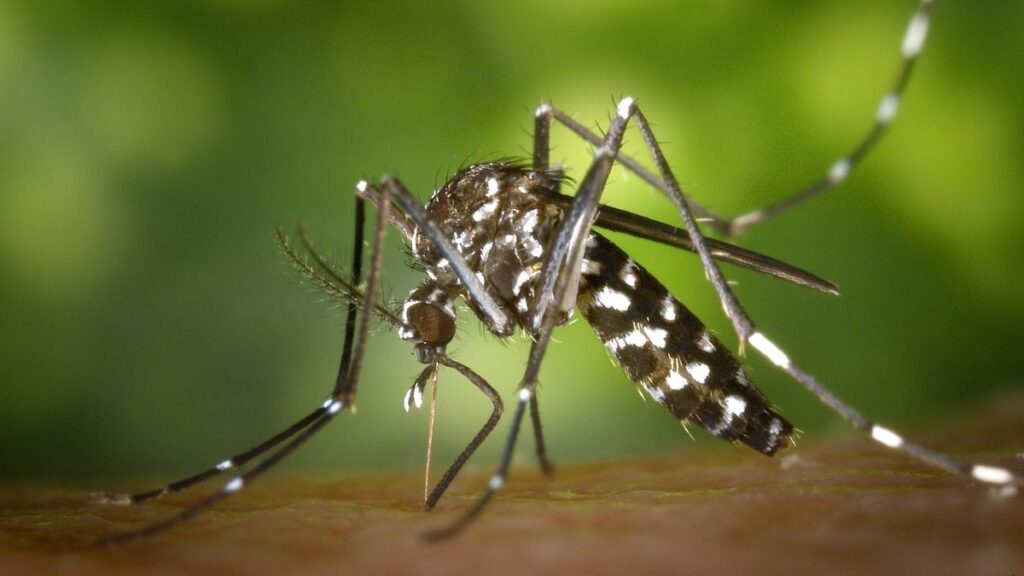
Natural Mosquito Repellents
When trying to ward off bugs and pests, whether personally or in the garden, I always choose organic. It’s important to me, for a number of reasons, to first explore natural repellents.
Some of the most effective options on the store shelves contain some of these organic remedies. However, they also include some rather harsh chemicals and other unsavory ingredients.
So instead of treating ME, why not try to plant a few flowers and herbs and use them as a weapon in keeping mosquitoes away from my backyard haven in the first place?!
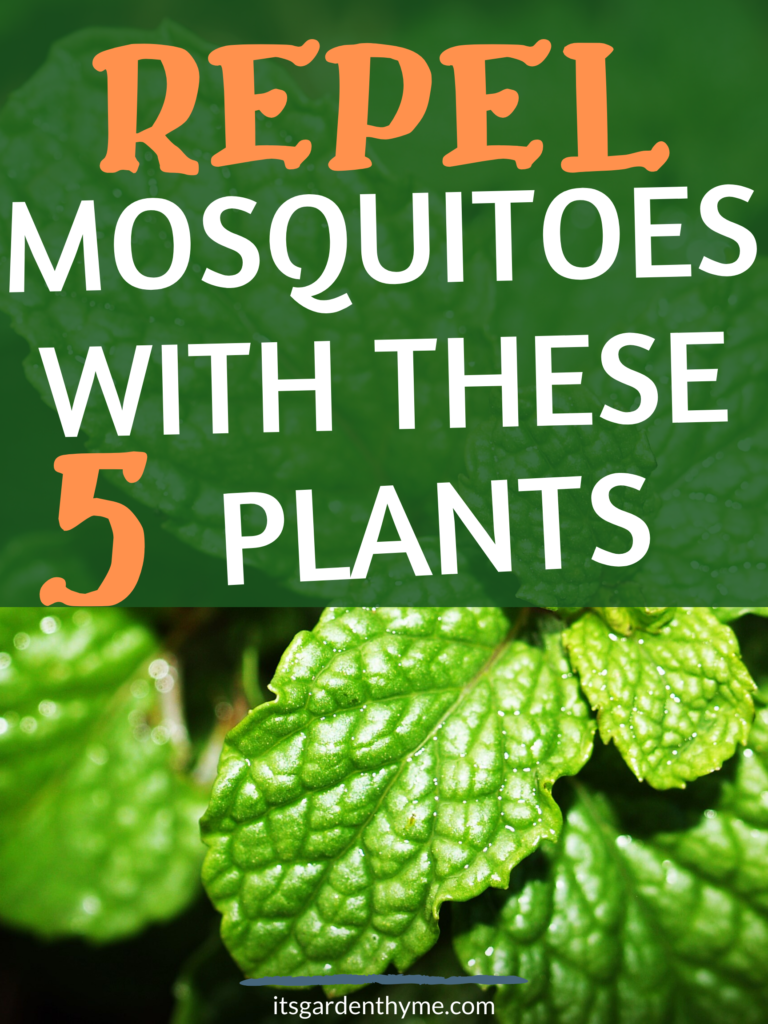
This post contains affiliate links. If you click through and make a purchase, I’ll earn a commission, at no additional cost to you.
If it’s one thing I’ve learned over the years is that those annoying little skeeters can and will find you and ruin the magic that is your summer. The worst part is, the bigger that backyard, the better the garden, the lusher the landscape, which means the bigger the problem. Ugh
Mosquitoes are famous for their relentlessness and ability to end a good time in no time at all. Luckily, there are some steps you can take to get rid of mosquitoes naturally and help alleviate some of the distress they can cause!
How Well Do Botanical Mosquito Repellants Work?
According to this study, citronella diffusers placed 6 meters from mosquito traps outdoors repelled female mosquitoes by 22%, linalool repelled females by 58%, and geraniol repelled females by 75%. Female mosquitos are the ones that bite!
Luckily, all three of these substances are naturally occurring:
Citronellal
Citronellal is found in citronella grass, lemongrass, and lemon balm.
Linalool
Linalool is most commonly associated with lavender, but it’s actually present in more than 200 other plants as well – including citrus, rosewood, bay leaf, mint, basil, coriander, and cinnamon.
Geraniol
Geraniol is found in catnip, coriander, citronella, geranium, lemon balm, thyme, rose, basil and palmarosa.
Best Plants to Repel Mosquitoes
This year, I’m determined to fight back by planting some plants that repel mosquitos. Technically, you need to crush or somehow extract these substances from the plants so just planting them may not be as effective as using essential oil diffusers like the study.
With the above in mind, here are a list of the best plants to help repel mosquitoes:
Real Citronella Grass
Citronella is a common ingredient in mosquito repellents, and for good reason – it works! Unfortunately, the most common “citronella plant” or “mosquito plant” sold in stores is actually a fake (Pelargonium ‘citrosum,’ or P. ‘citrosum Van Leenii’) and only contains less than 1% citronellal.
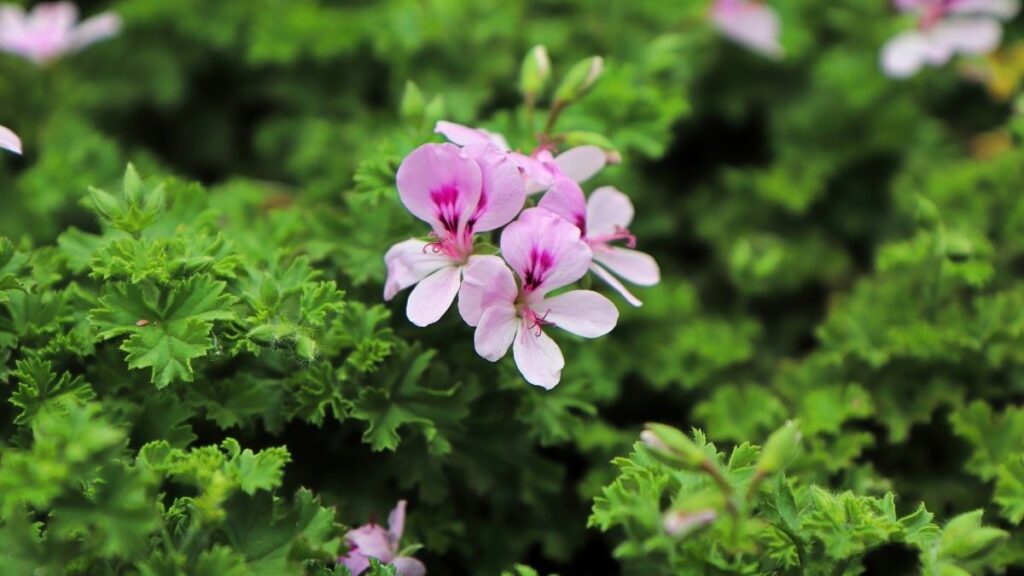
With that in mind, it is said that the strong smell of this geranium cousin doesn’t actually repel mosquitos, but it helps to mask the scents that do attract mosquitos.
It is drought tolerant and can live in full sun environments, however, it will do well with partial shade for a portion of the day. If an indoor plant, remember that it can tolerate droughts well so it’s best to water it infrequently but give large quantities when you do water it.
It can be a large plant if grown outdoors, growing from 2-4 feet tall, which makes for a great landscape giving height and fullness. If potted, it won’t reach full height potential but will still be beautiful! Remember to prune a bit to allow for growth.
If you are looking for the real stuff, you’ll want either Ceylon citronella grass (Cymbopogon nardus) or Java citronella grass (C. winterianus).
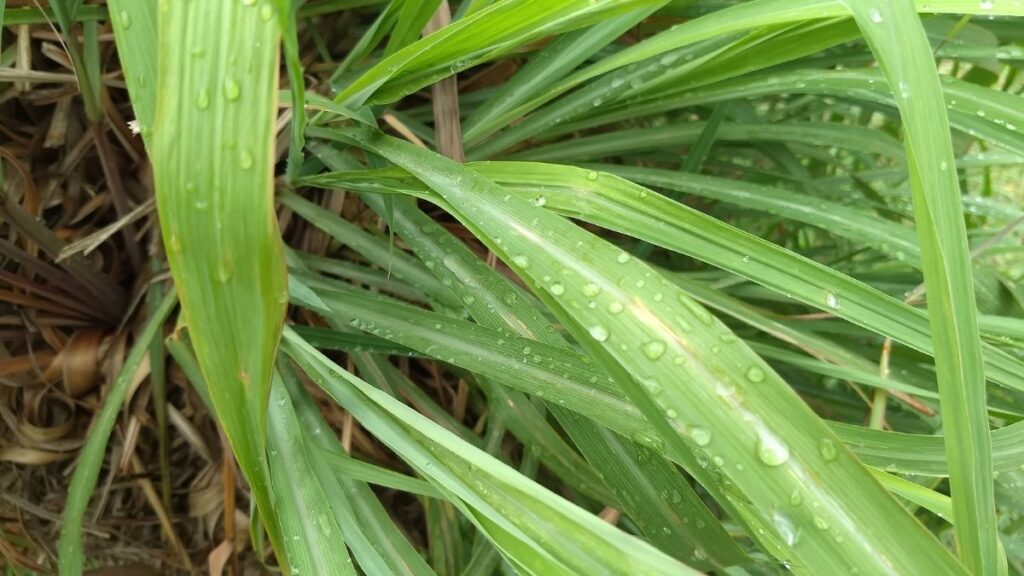
C. nardus contains an average of 14% citronellal, while C. winterianus has about 22% citronellal. These are the plants from which citronella essential oil is extracted for commercial use, such as candles.
Lemongrass (Cymbopogon citratus)
This tropical grass is related to the Citronella Grasses mentioned above and is known for its delicious citrusy smell and flavor, which is why it’s often used in Asian cooking.
This study suggests Lemongrass is a great plant to have in your mosquito-repelling arsenal as they found that Lemongrass oil drove off a variety of different species, with a few being killed or totally repelled.
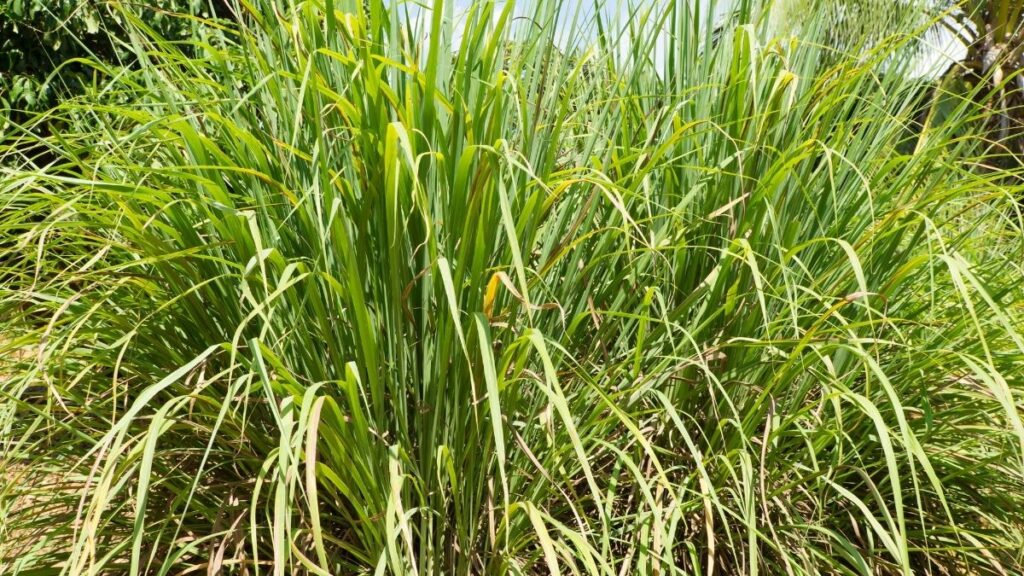
This perennial grass is super easy to grow. Lemongrass can be grown indoors or outdoors, and it prefers full sun. If growing indoors, make sure to place it near a sunny window. It can grow to be about 3-5 feet tall and should be planted in well-drained soil.
It’s perfect for culinary use, teas, or infusions as well as repelling those pesky mosquitoes! You can also make your own mosquito repellent by mixing 10 drops of lemongrass essential oil with 1/4 cup of witch hazel in a small spray bottle.
Lemon Verbena (Aloysia citrodora)
This plant is often used to flavor teas, but it also can be used to repel mosquitoes. It has a strong lemon scent that is known to repel mosquitos (as well as other flying insects!).
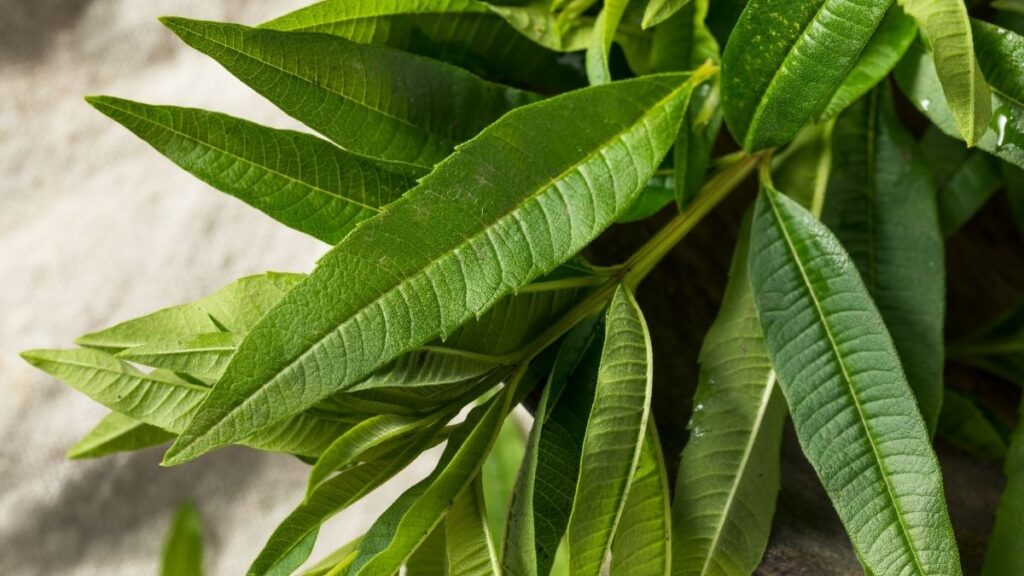
Lemon verbena can grow to about 6-8 feet tall, so it’s best if you have the space to let it roam free. It prefers full sun but can tolerate partial shade and needs moist soil. If growing indoors, make sure you place it near a sunny window.
Catnip (Nepeta cataria)
This perennial herb is part of the mint family and is commonly known for its effects on cats (hence the name). However, what many people don’t know is that this plant contains nepetalactone, which is a chemical that can repel mosquitoes (as well as other insects).
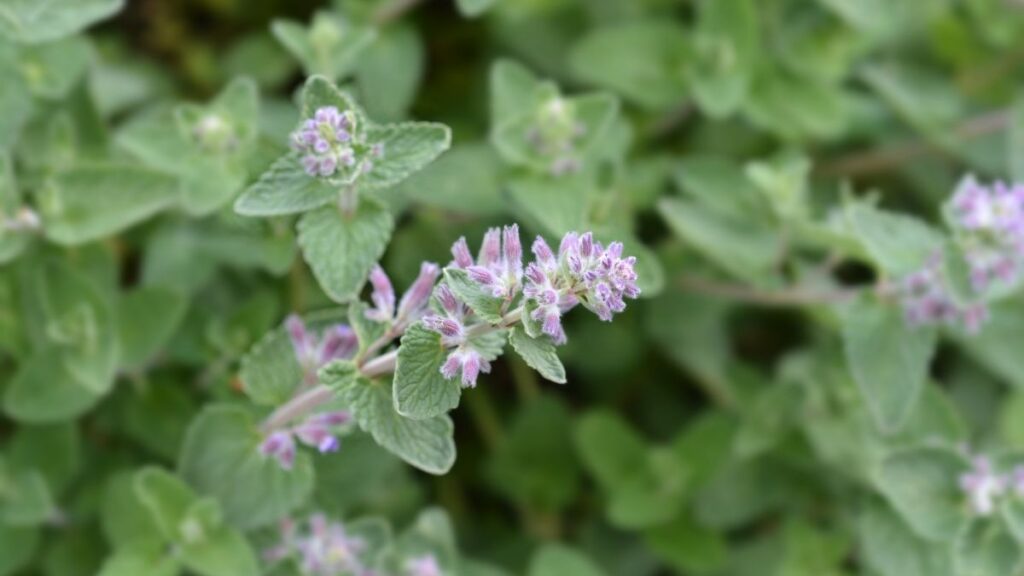
In fact, catnip is about 10 times more effective at repelling mosquitoes than DEET, the chemical found in most commercial mosquito repellents, according to this study.
Catnip can grow to be about 2-3 feet tall and prefers full sun. It’s best to plant it in well-drained soil and to cut it back occasionally to encourage new growth.
Rosemary (Rosmarinus officinalis)
Rosemary is an herb that is commonly used in cooking, but did you know that it also can be used for mosquito control? The plant contains substances that can repel mosquitoes, such as camphor, pinene, and limonene.
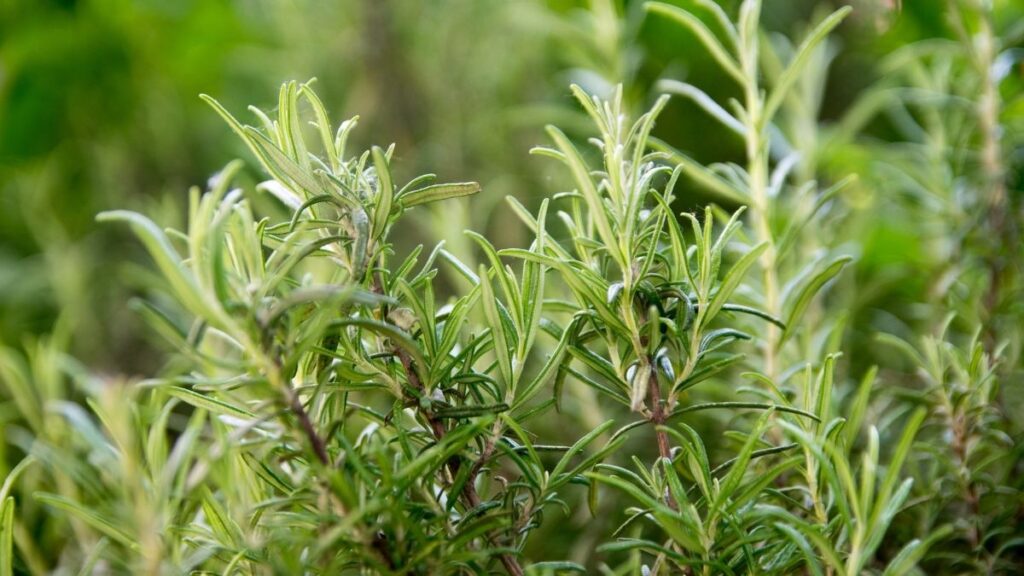
Rosemary can be grown indoors or outdoors, and it prefers full sun. If growing indoors, make sure to place it near a sunny window. It can grow to be about 2-4 feet tall and should be planted in well-drained soil.
Horsemint (Monarda punctata)
Did you know that horsemint is a rather popular herbal medicine for horses? It’s used to relieve gas! Otherwise, it’s often found as a supplement for humans due to the production of thymol, which can be used to support overall health and wellness. We don’t have any experience with it but if you’re interested in trying horsemint for its purported health benefits, be sure to talk to your doctor first.
Other than the quirky gas relieving feature, it’s a very pretty-looking plant that will grow year after year. It is a part of the mint family, no surprise given its name. It’s also referred to as “spotted beebalm” and grows in plant hardiness zones 4-9.
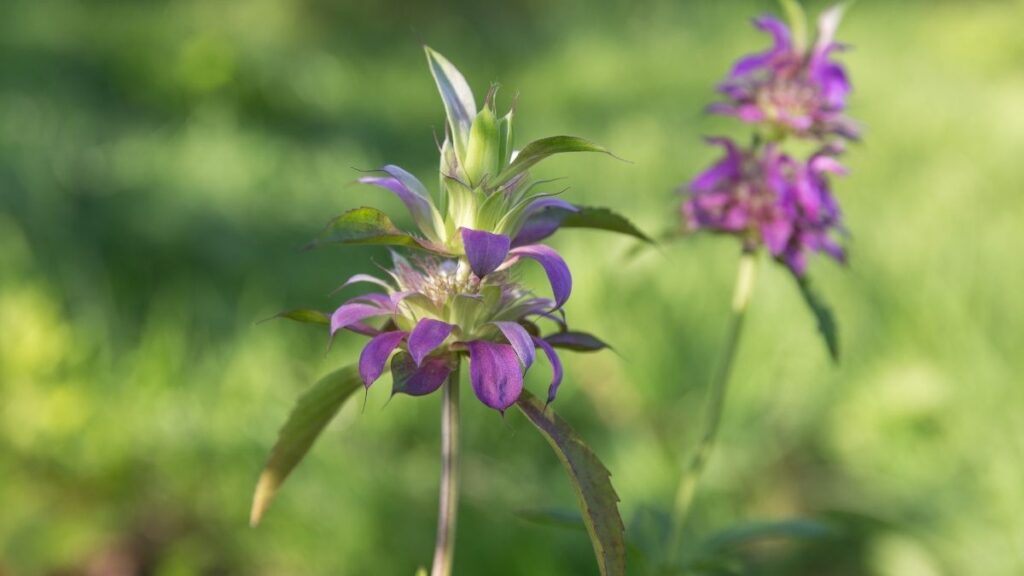
Horsemint is an effective plant in repelling mosquitoes as well as other pests like fleas, flies, and beetles. Animals like deer and rabbits also dislike it, so it’s good to plant them around your garden if you have visiting snackers!
Plant these fragrant, pointy, beauties in full sun, giving some room between each plant. Horsemint can get some height to them, anywhere from 1-3 ft and have a nice width span of up to 12 inches. It can live in full sun or partial shade and prefers to have well-drained soil that isn’t too wet.
This plant does best with minimal watering and should be allowed to dry out between waterings. If you see the leaves wilting, that’s an indication it needs more water. However, overwatering can cause root rot so make sure the soil isn’t soggy.
Horsemint is a great plant to have in the garden as it’s not only useful in repelling pests, but it’s also beautiful! The plant has small lavender flowers that bloom throughout the summer and attract bees, butterflies, and hummingbirds.
Sweet Basil ((Ocimum basilicum)
This fragrant herb is not only a delicious addition to many dishes, but it’s also an effective mosquito repellent. Sweet basil contains four known substances that can help repel mosquitoes: limonene, citronella, estragole, and nerolidol.
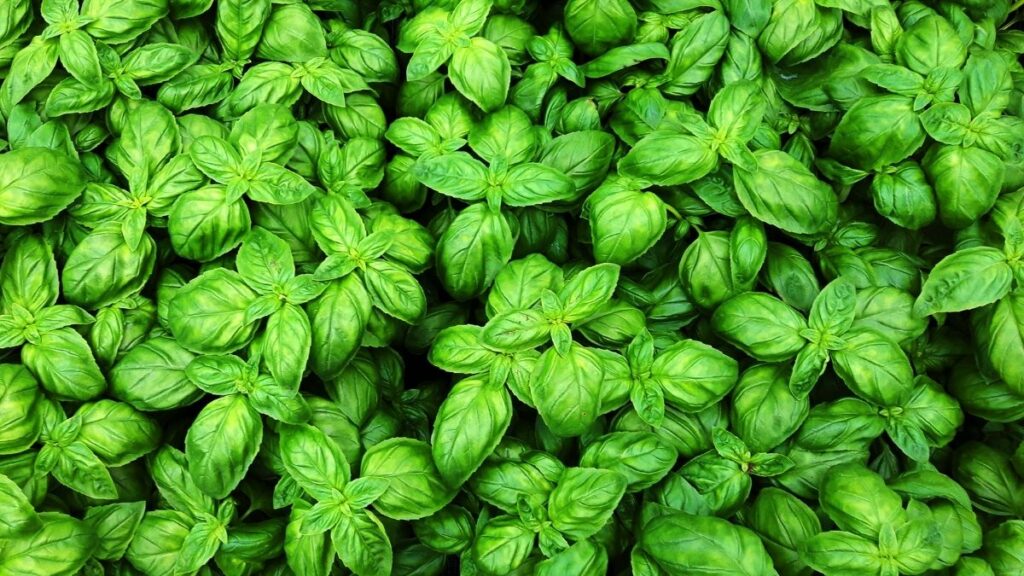
While you can grow basil indoors, it’s best to plant it outdoors in a sunny spot. It prefers well-drained soil and should be watered regularly. Sweet basil can reach heights of 2-3 feet and is an annual plant, meaning it will only last one growing season.
Lavender (Lavandula)
Lavender is a stunning plant that emits a beautiful fragrance. It’s often used in perfumes, soaps, and lotions due to its pleasant smell. The plant has many therapeutic properties and can be used to relax or soothe the body and mind.
Not only is it useful for relaxation, but it’s also an effective mosquito repellent! The plant produces a natural oil called linalool that helps keep mosquitoes away.
There are many different types of lavender, so be sure to choose one that will do well in your climate. Most varieties of English lavender (Lavandula angustifolia) and French lavender (Lavandula stoechas) grow best in zones 5-8.
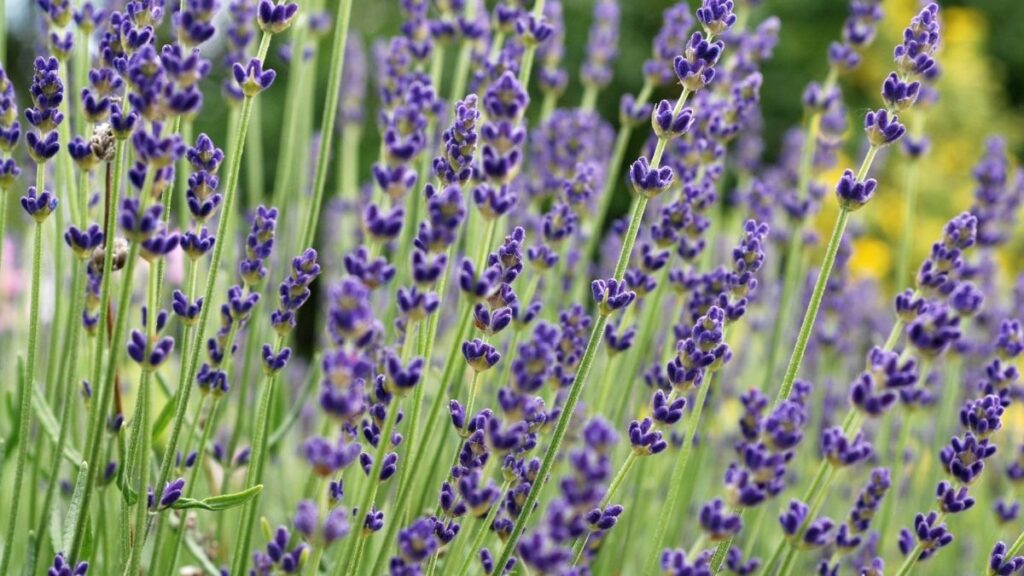
Here in zone 10b, I have Silver Anouk Spanish Lavender (Lavandula stoechas ‘Silver Anouk’) and With Love Lavender (Lavandula stoechas ssp. pedunculata ‘Bentley’).
Lavender grows best in full sun but can tolerate some partial shade. It prefers well-drained soil that’s on the drier side. Watering once a week should be sufficient, allowing the soil to dry out between waterings.
Lavender is a drought tolerant plant, so if you live in a hot, dry climate, this would be a great plant to have in the garden.
Not only does lavender repel mosquitoes, but it also deters other pests like moths, flies, and fleas. Bonus: The plant is deer resistant!
Lemon Balm (Melissa officinalis)
This perennial herb also known as Melissa Leaf is part of the mint family, and it’s no wonder with its fragrant lemon scent. It is thought that Lemon Balm contains as much as 38% citronellal. The leaves have the highest concentration, making them great for extracting oils or crushing to use as a mosquito repellent.
Like many other plants on this list, it has many uses beyond mosquito control. It can be used in teas, as a flavoring agent, or even as an insecticide.
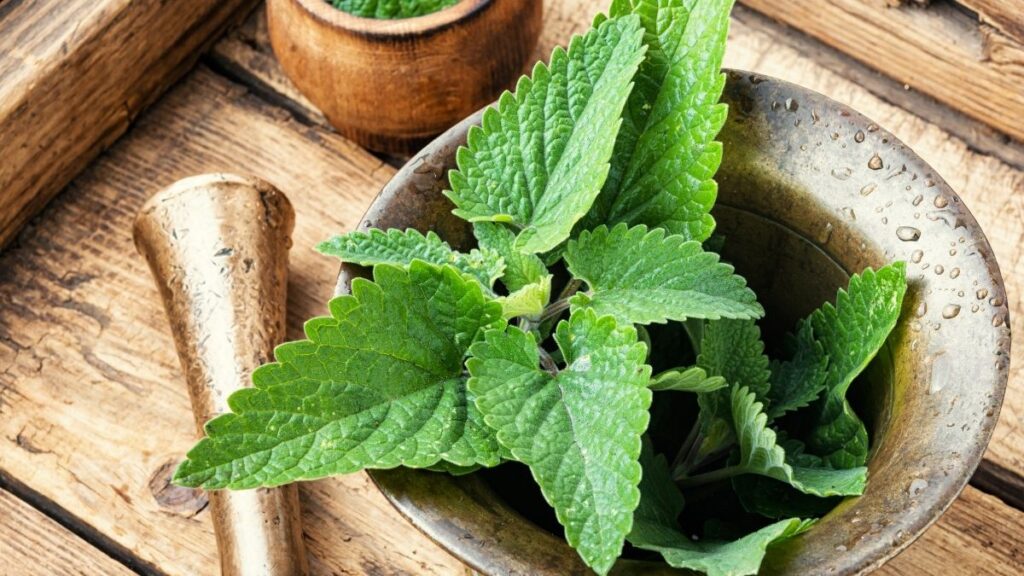
Lemon balm grows best in full sun but can tolerate some shade. It prefers well-drained soil and should be kept moist. Watering once a week should be sufficient, allowing the soil to dry out between waterings.
Lemon balm is a fast grower, so you’ll need to pinch back the stems to prevent the plant from getting too leggy. Be sure to do this regularly as it can spread quickly and become invasive if left unchecked.
Not only is lemon balm effective in repelling mosquitoes, but it is said to also deter other pests like ticks, fleas, and flies.
Additional Options
You can also plant garlic and marigolds as their strong scents naturally deter those pesky little bugs. The additional benefit of planting these is that you’ll be able to use them for a variety of purposes, especially cooking!
Articles You’ll Love:

